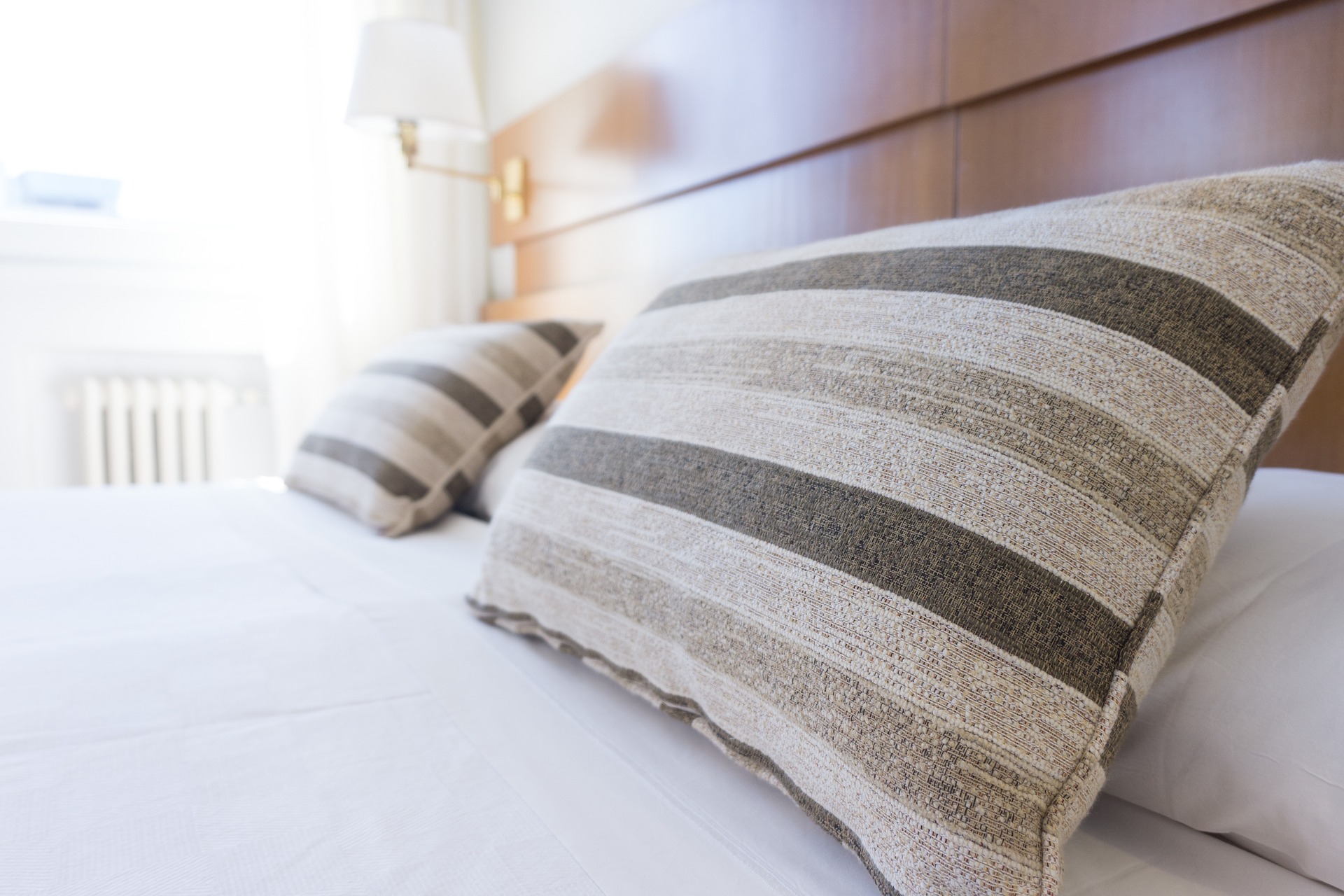Approximately 35 percent of adults in the United states have issues sleeping according to the Center for Disease Control.
CBD for sleep? Though marijuana has long been touted as a natural sleep aid, actual research into how it affects the human body has been minimal. Despite this, approximately 65 percent of medical marijuana users reported that they use marijuana to help them sleep. In fact, it was the 5th highest reason for a medical marijuana prescription. As cannabis becomes more widely accepted and legalized around the world, that number will likely only go up.
Although research into medical marijuana is in its infancy, we do have some insight into how it helps its users sleep. There are two important chemicals in cannabis that help with sleep – CBD and THC, the most commonly found cannabinoids. CBD, however, is often harvested from cannabis sativa and hemp.
CBD creates a mild sedative effect that helps to calm anxiety and relieve pain. It does this by working with the cannabinoid receptors in your central nervous system. THC, also known as Delta 9-tetrahydrocannabinol, is the psychoactive compound in marijuana that makes you feel high. It is still illegal in many countries and states in the United States. Most CBD oils contain a maximum of 0.3 percent THC.
CBD For Sleep: How It Helps
Pain and anxiety are the most common reasons that people sleep poorly. In a pharmacological study, medical marijuana was found to significantly decrease the use of other psychoactive medications because of an overall lack of need for them.

CBD for sleep: people use less opioid painkillers once they started using medical marijuana.
More than three quarters of participants in an opioid study published in the 2017 Journal of Psychopharmacology stated that they use significantly less of their opioid painkillers once they started using medical marijuana. In the same study, more than 71 percent of patients decreased their use of anxiety drugs and 65 percent used less of their sleep medicines. And this is something that has been replicated in other areas.
“Using data on all prescriptions filled by Medicare Part D enrollees from 2010 to 2013, we found that the use of prescription drugs for which marijuana could serve as a clinical alternative fell significantly, once a medical marijuana law was implemented,” a 2016 Health Affairs study found.
It’s also been discovered that CBD doesn’t only help you sleep more, but it actually improves the quality of your sleep by reducing the number of nightly sleep disturbances. As anyone with sleep issues can tell you, when your rest is constantly interrupted it feels like you haven’t slept at all.
Some users reported a wakeful effect from their form of CBD for about two hours. If this is something you are worried about for your sleep, take it a few hours before you plan to go to bed and use the energy it gives you to work out or meditate.
If you think that CBD might make a good addition to your medical regimen, talk to your doctor to make sure that it will not interact badly with any of your other medications. It can cause issues with the liver and processing medicines that are broken down in the liver, so make sure that it isn’t going to cause you any other problems.









